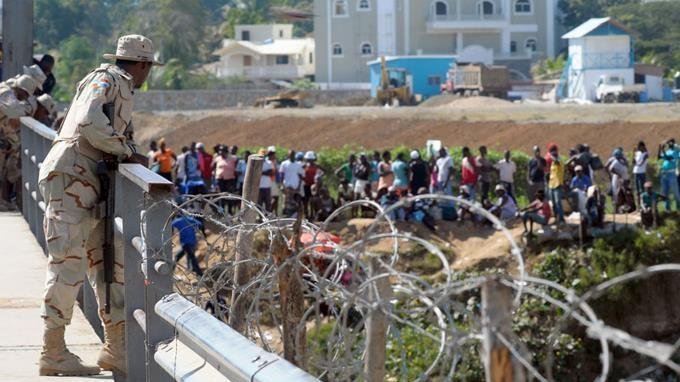Honduras transition in the New Cold War
Hondurans elected self-proclaimed “democratic socialist” Xiomara Castro to be the country’s first woman president. The wife of Manuel Zelaya, the populist president who was removed in a coup in 2009, Castro pledges to revive his program—and take it much further, instating far-reaching reforms. Castro also announced that she will “open diplomatic and commercial relations with continental China,” which was widely taken as meaning a switch of diplomatic recognition. Honduras is currently one of only 14 countries that recognize Taipei rather than Beijing. It is tragic to see the Central American republics, in their struggle to break free of Washington’s orbit, acquiesce in Beijing’s design to incorporate Taiwan into its own orbit—or, more ambitiously, its national territory. (Map: Perry-Castañeda Library)



